FreedomPay roundtable: making personalisation pay by using data in more complex omnichannel journeys
The polarisation of affluent customers from less wealthy ones who want value during tough times but still expect an omnichannel service is evident in retail, according to a roundtable panel of experts held yesterday by FreedomPay on the FinTech firm’s stand at Retail Technology Show 2023 in London. RTIH’s Neil Ainger reports.
“The top 20% are doing 40% of the spending,” explained Richard Lim, CEO at Retail Economics, during the event about the future of retail.
He added that a more integrated omnichannel approach from retailers was necessary to serve enhanced customer experience (CX) expectations across all sectors.
Research from FreedomPay, carried out with Retail Economics and unveiled at Retail Technology Show 2023, also supported the changing CX landscape. This necessitates better data mastery and interaction between retailers’ online and in-store service. According to the UK survey unveiled at the show, shoppers are:
· Spending 35 minutes extra per week searching for the best deals on non-food products compared with last year. In total, across all sectors, UK shoppers are browsing four more hours per week but they’re buying fewer products as the cost-of-living crisis bites.
· There has been a decline in online retail sales volumes (falling 14.9% year-on-year), reinforcing the view that UK shopper journeys have become more complex as people search online for good deals, but convert more in-store. Online non-food purchases actually fell by 5.7% last year, according to the survey.
“Retailers recognise the purpose of the store is changing as it becomes more of a marketing and brand acquisition tool, especially for the affluent,” said Lim during the on-stand RTS roundtable, while cautioning that it is still a valuable conversion asset for the mass market – even more so if the store estate was previously downsized to only profitable units.
According to fellow roundtable panellist, Hannah Regan, Financial Policy Lead, at the British Retail Consortium (BRC) trade body: “Customers are getting more savvy now,” as well as more segmented with “Millennials more socially conscious and desiring of experiences, such as a gig in-store, to convert a sale.”
In order to meet enhanced CX expectations from differing customer bases and sectors, data must be front and centre, according to FreedomPay’s President’s Chris Kronenthal.
“You need to tie all the data together,” however he cautioned during the on-stand debate at London’s Olympia. This spans to being on top of your stock, try-before-you buy online/returns policies, targeted personalised store promotions and so on.
“Friction is a technology problem,” added Kronenthal.
It’s more of a problem as post-pandemic consumers download more and more apps and expect a digitally-enabled service right through to picking up online goods in-store or being recognised when they arrive for an event or looking for a bargain that they’ve heard about on social media.
That is why aligning your technology is a must in today’s environment. Technology can also improve the check-out experience and tailor CX and payment options for luxury goods or the mass market.
Making payments easy
Ways to pay are proliferating as well with buy now pay later (BNPL) joining card, cash and contactless Point-of-Sale (PoS) options, alongside Pay-by-Bank possibilities in the Open Banking environment increasingly evident in the UK.
This initiative, reflected around the world, relies on open application programming interfaces (APIs) as a means of easier data exchange in order to power new connectivity between providers, consumers and payment processors, among other users.
Fellow panellist, Sulabh Agarwal, MD of global payments at Accenture, commented that: “Apps, online and in-store must all tie together” in an “end-to-end holistic manner” that makes converting sales and sharing valuable data much easier.”
“Orchestration of this complex environment will become a much more prevalent issue for retailers, banks and other in the future as on- and off-line commerce merges and the rise of digital super apps advances.
Retailers’ technology estates and data mastery have to be flexible enough “to differentiate yourself in future”, added Agarwal, while also being prepared for the digitally-enabled and connected offering that is needed to succeed in the 21st century.
“An omnichannel capability will be the competitive advantage of the future,” he concluded.
About Neil Ainger
Neil is a hugely experienced freelance business and technology journalist. Further details here.

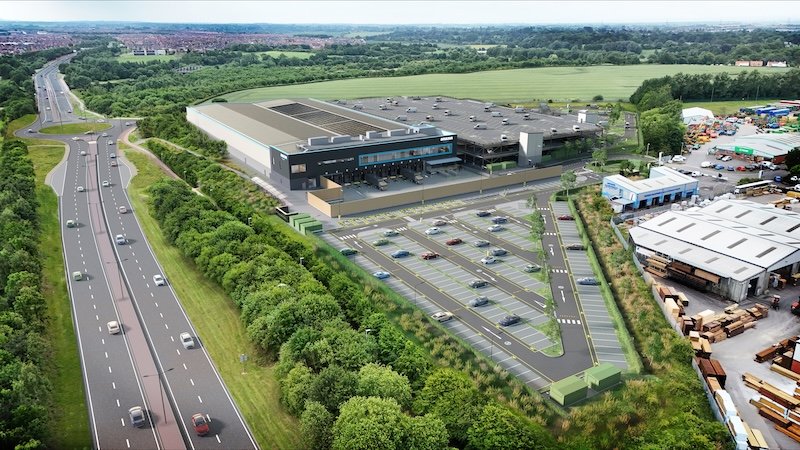


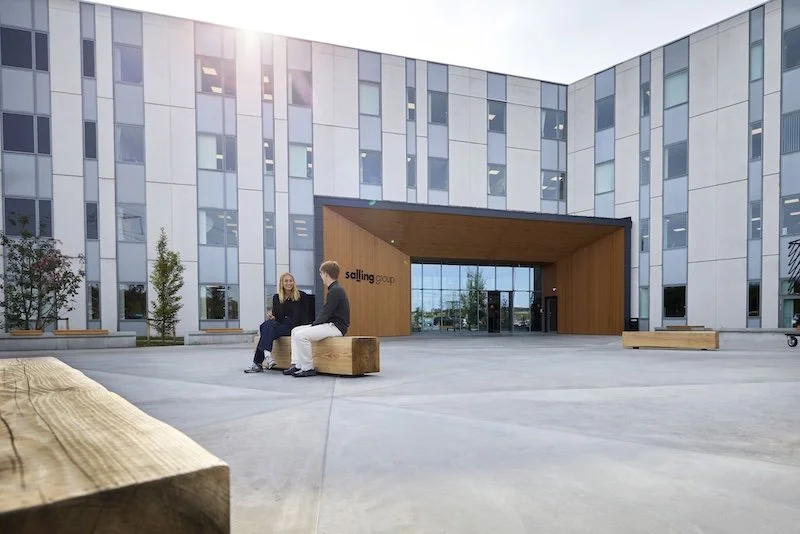


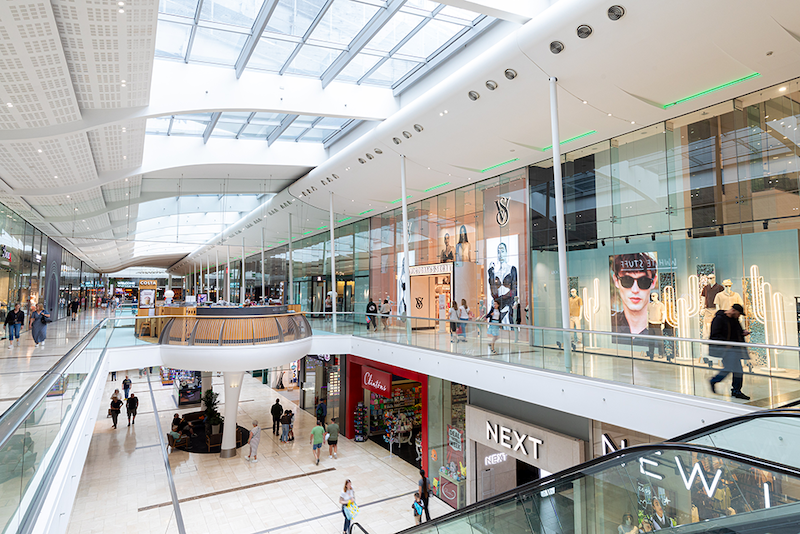

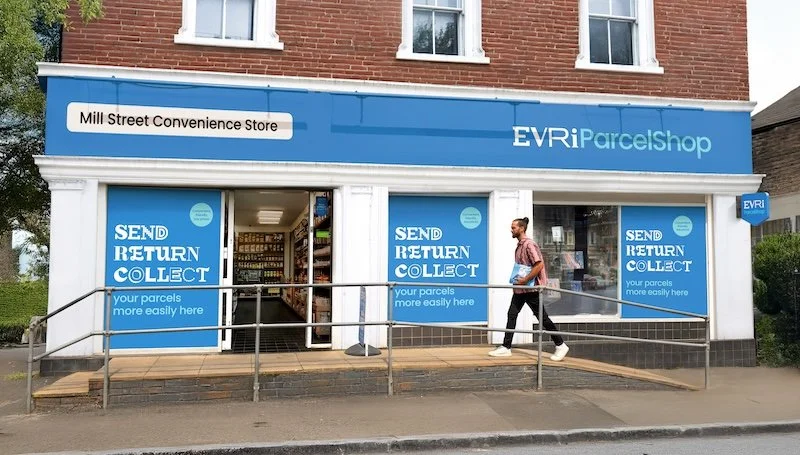
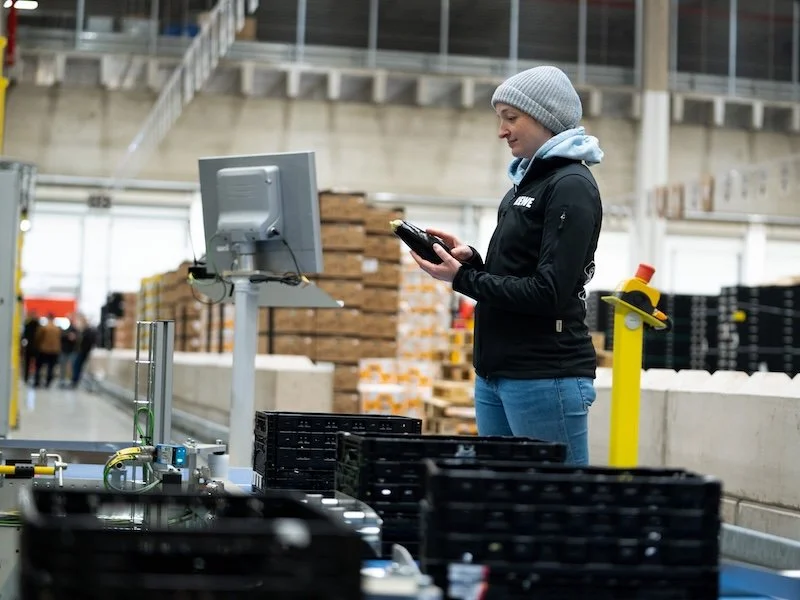




Continue reading…